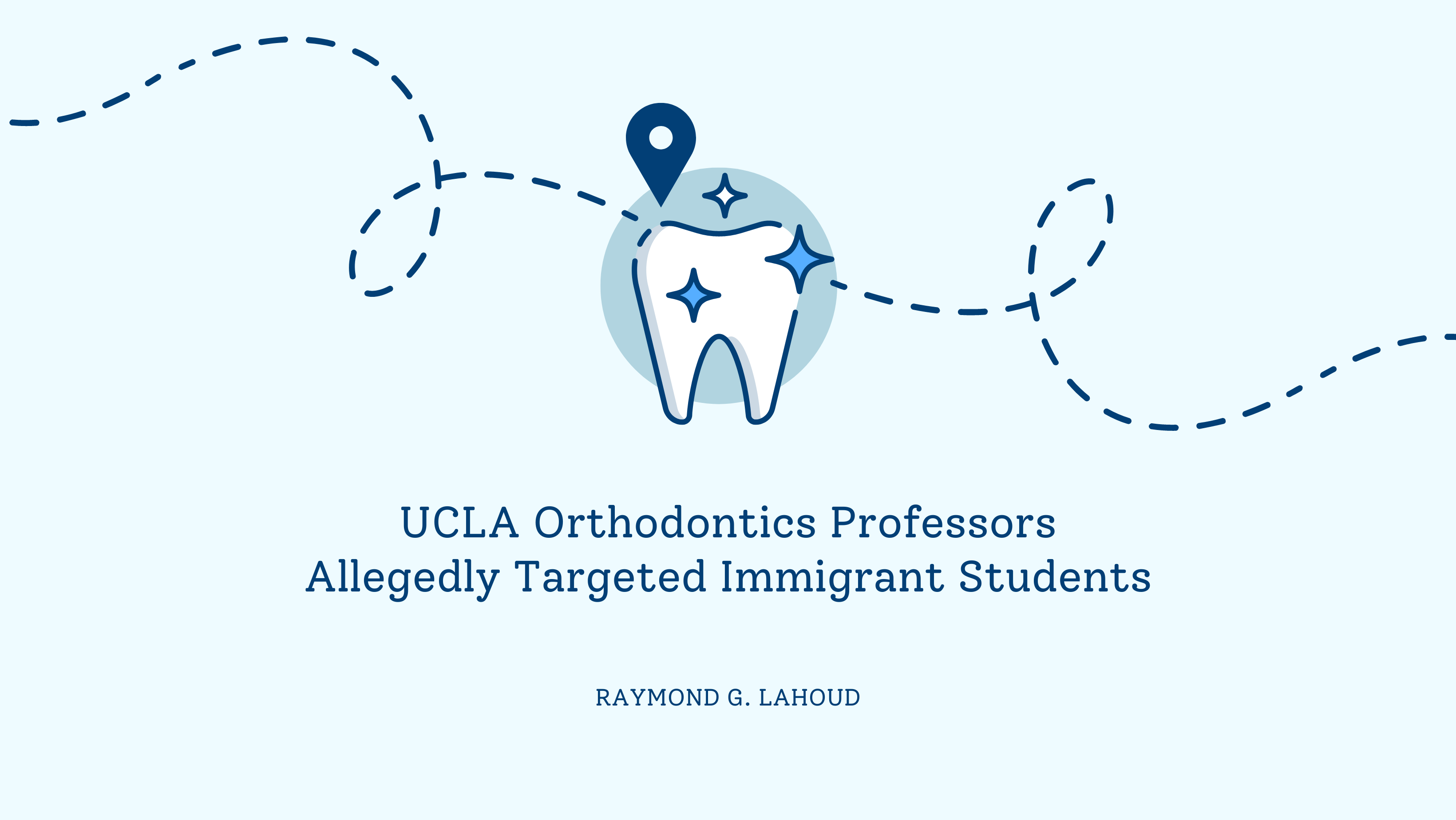New Jersey Accepts First Financial Aid Applications from Undocumented Immigrant Students

As the ink of New Jersey Governor Phil Murphy’s signature was still drying on the new law expanding state financial aid to undocumented students, the state’s application website went live. Within minutes, the first application was submitted.
The new law offers state student loans, grants, and scholarships not otherwise available to New Jersey’s undocumented immigrant population, and expands a 2014 New Jersey law that allowed undocumented immigrant students to pay in-state resident tuition rates.
New Jersey’s Higher Education Student Assistance Authority (HESAA) administers the program. According to HESAA’s application website, an immigrant student qualifies for state student loans, grants, and scholarships if the student:
- Attended a New Jersey high school for at least three years;
- Graduated from a New Jersey high school or received the equivalent of a high school diploma in New Jersey;
- If a male student, registered for Selective Service (male students only);
- Signs an affidavit stating that the student will file “an application to legalize” his or her “immigration status,” or “will file an application” as soon as the student is eligible.
To apply, the student must first complete an application for New Jersey Alternative Financial Aid, available by clicking here.
Many New Jersey colleges and universities have reported concerns raised by undocumented students who fear future reprisals by immigration authorities. When discussing these concerns with students, college and university financial aid administrators should remind students that, according to the application, the process is confidential, not used for federal financial aid purposes, and will be shared only with “partner colleges, universities, and other state agencies to administer grants and scholarships;” and that “HESAA will do everything within its authority and jurisdiction to protect the ongoing confidentiality of this information.”
These assurances—just like those that many undocumented students received when applying for Deferred Action for Childhood Arrivals (DACA) years ago—are not enough. To better alleviate the concerns of undocumented immigrant students as well as other international students, New Jersey’s colleges and universities must be proactive and must effectively communicate with these students to ensure that any misinformation or, better put, “fake news,” is debunked. A useful tool is an on-campus seminar, which provides prospective and current students, as well as those in the United States under a F-1 student visa, the opportunity to learn their rights and responsibilities, to ask questions, and listen to others who may have the same concerns.
At the same time, colleges across New Jersey must seize on the incredible opportunity created with the expansion of financial aid to undocumented immigrant students, to continue to seek out the best and brightest of every community—immigrant and non-immigrant, documented and undocumented. So many of these students are of incredible intelligence, but simply need a little financial assistance to achieve their dreams.
To prepare for an increasing number of applications for admission, as well as applications seeking state financial aid, higher education administrators must establish the necessary protocols and procedures to ensure full compliance with all federal financial assistance requirements, while effectively administering the HESAA’s financial aid programs.




